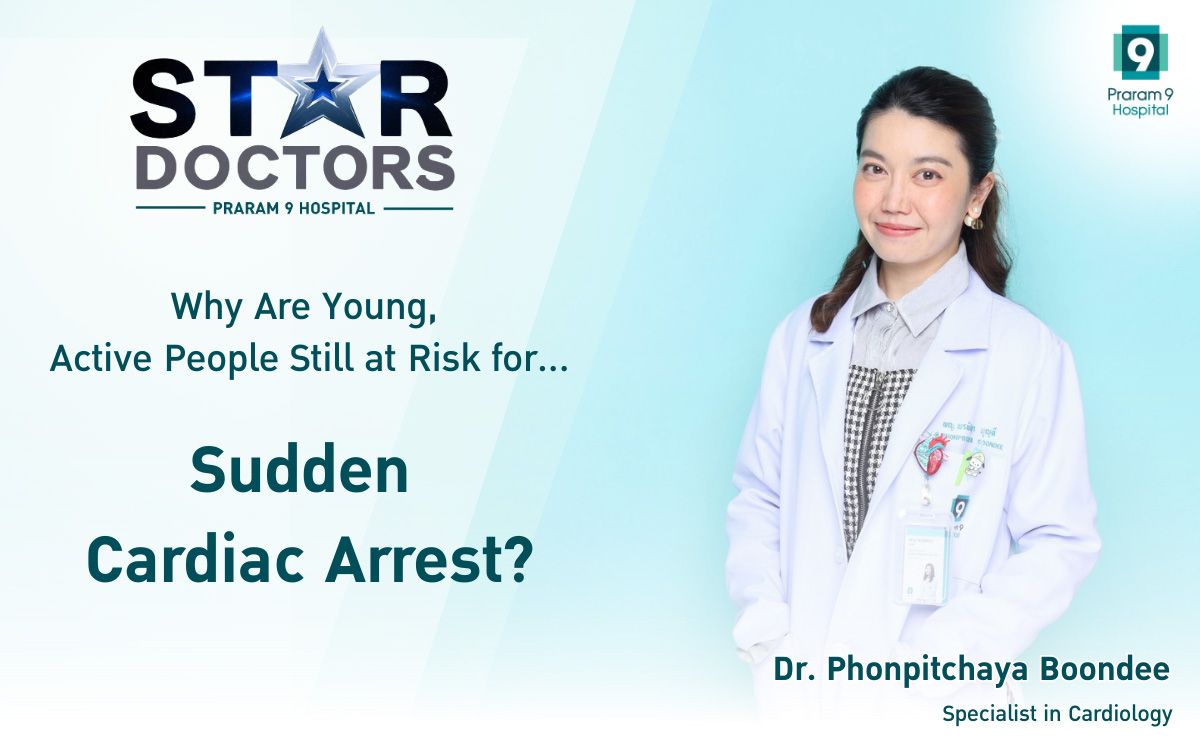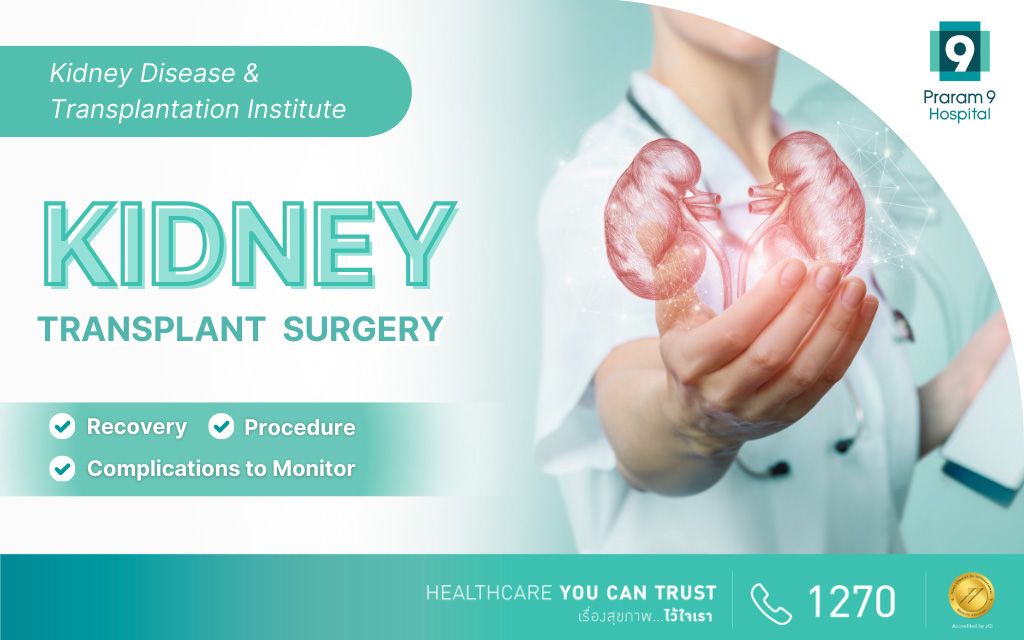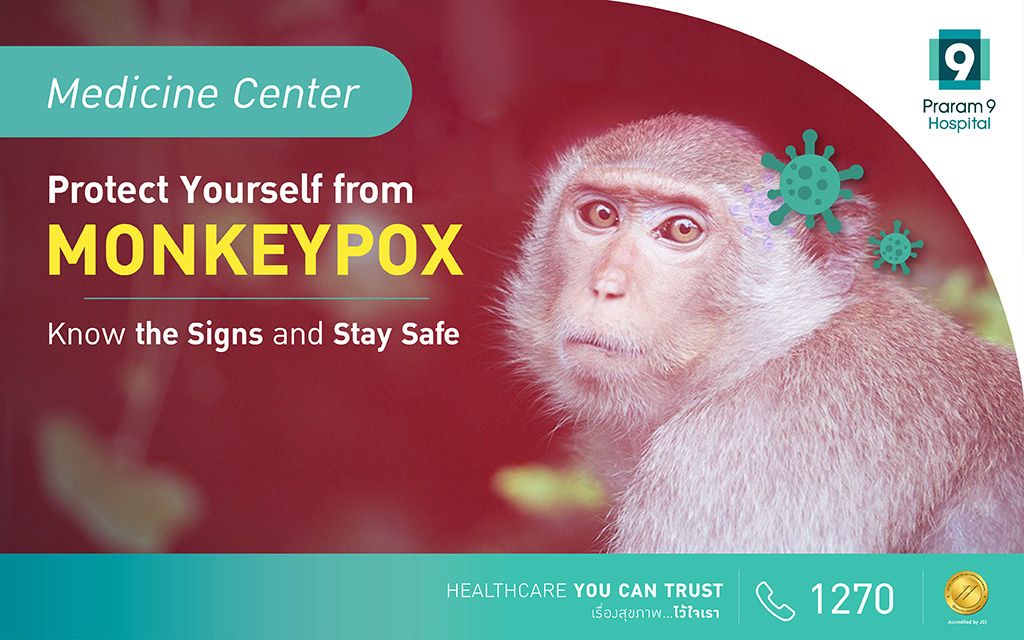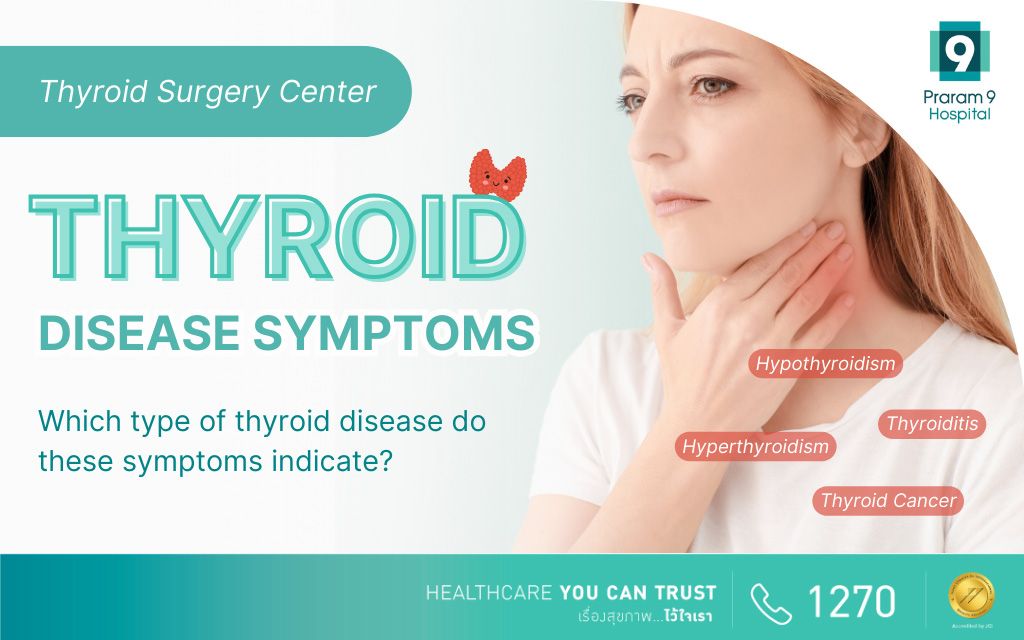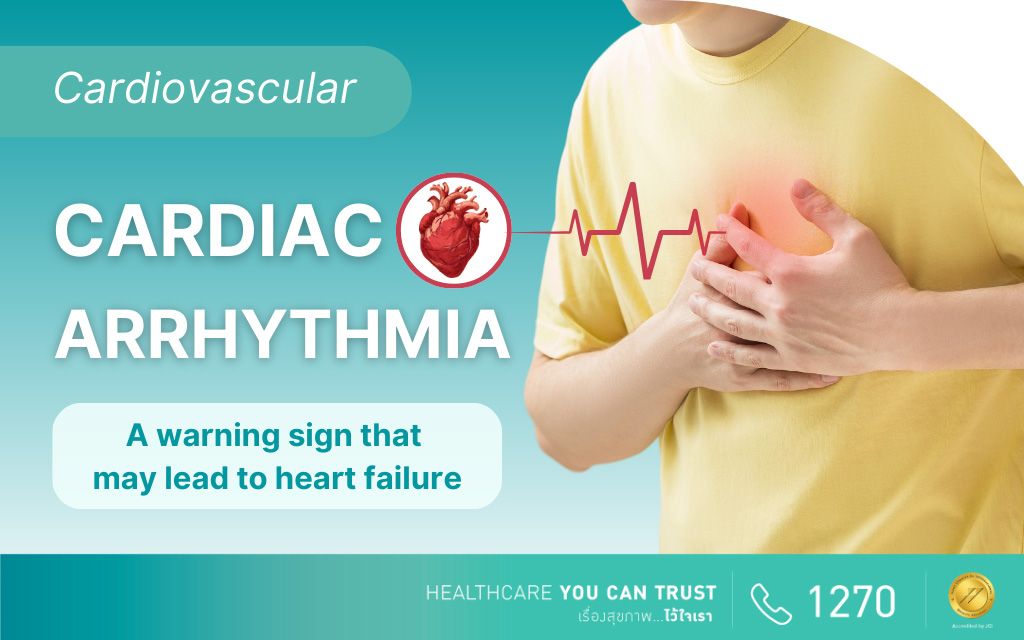Health Articles
Knowledge
Feeling of burning chest can be sign of a heart attack
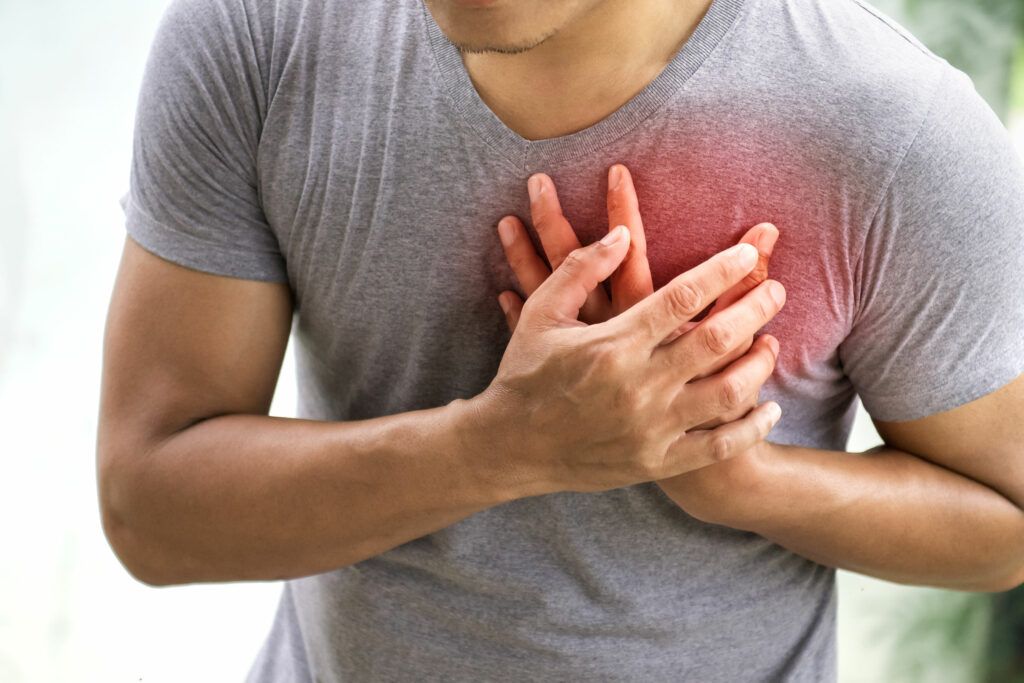
Feeling of burning chest can be sign of a heart attack
Chest burning can be scary, especially for people who worry about heart health or having a heart attack. In this article, we will discuss the potential causes of chest pain as well as the many treatment options available.
A lot of causes of a burning feeling in the chest are not harmful. In reality, just 15–25% of people who visit the emergency room with chest pain have an acute heart problem.
Causes
Numerous conditions can cause chest burning, including:
Heartburn
Heartburn, or acid reflux, is one of the most common causes of painful burning in the chest. The sensation ranges from mild discomfort to intense pain. Heartburn happens when acid from the stomach travels back up the esophagus. It is commonly occurs in pregnant women, people with gastroesophageal reflux disease, and those with a hiatal hernia.
Intake of acidic foods and drinks, such as tomatoes and alcohol, may increase the risk of heartburn. Smoking tobacco can increase the risk too.
Some other symptoms of heartburn include:
- burping
- burning in the throat
- pain that begins shortly after a meal
- pain that gets worse when lying down
Other gastrointestinal problems
Some other gastrointestinal problems may also lead to burning chest pain. A few of the problems may cause symptoms that is similar to those of heartburn. As an example, people with gallstones or liver health problems may experience intense heartburn.
If after taking an antacid or other heartburn medication the pain does not get better, the problem might be from something else, such as gallstones, liver disease, or pancreatitis.
Some other signs of serious gastrointestinal problems include:
- very dark urine
- very light or infrequent bowel movements
- intense pain anywhere in the abdomen, but especially in the upper right side, under or near the ribs
Breastfeeding
As the breasts expand, contract, and adjust to feeding an infant, first time mother who breastfeed can experience a range of new and unfamiliar sensations in the chest. Some women feel sharp, deep, shooting, or burning pains as part of their milk letdown. Others develop an infection called mastitis, which can cause a burning feeling in the skin and breast tissue.
Some people experience a brief spasm in the blood vessels of their nipples after breastfeeding. The pain can be sharp, burning, and intensely painful, but it usually only lasts a few minutes.
Breastfeeding could be the cause of burning chest pain if:
- a woman currently breastfeeds, has recently given birth, or has recently stopped breastfeeding
- the pain is primarily on one or both sides of the chest, not in the middle of the chest
- other changes to the breasts — such as pain in the nipples, an increase in breast size, or skin changes — occur alongside the pain
Other vascular health problems
Problems with the blood vessels that carry blood to and away from the heart and lungs may be the reason behind chest pain. For example, an aortic dissection occurs when the aorta, which is a large blood vessel, tears. Without prompt treatment, it can be fatal.
A pulmonary embolism is another blood vessel issue. It occurs when a blood clot breaks loose and travels to the lungs. This can damage the lungs and heart, and it may also be fatal.
Some signs of a blood vessel problem include:
- a sudden ripping, tearing, burning pain in the chest, which may indicate an aortic dissection
- chest pressure or burning that gets worse with exercise
- sudden pain accompanied by difficulty breathing or dizziness
People should always seek emergency medical attention for these symptoms
Muscle or bone injuries
When using the injured muscle to lift heavy objects, an individual might experience intense burning in the chest. Injuries to cartilage or bone may also cause pain and burning in the chest.
Burning chest pain may be a sign of an injured muscle or a problem with bone or cartilage if:
- the pain appears only in certain positions or while lifting heavy objects
- the pain changes with massage or pressure on the area
- there is swelling in the painful area of the chest
Panic attack
A panic attack can happens when a person feels overwhelmed with anxiety or panic. The heart beat may speed up and cause pain or discomfort in the chest. As the panic get worse, so too can the pain.
Although the feeling experience from a panic attack can feel similar to a heart attack, panic attack will not cause a heart attack. When the symptoms occur following a trauma, or in a person with a history of anxiety or panic, a panic attack is more likely cause behind chest pain than a heart attack. When in doubt, a person should go to the emergency room or consult with a doctor
Heart disease
Although many types of chest pain, including some burning pain, cab be an indication of a problem with the heart, they do not always mean that a person is having a heart attack. Angina is a term use by doctors to refer to chest pain when the heart does not receive enough oxygen. The most common cause of angina is coronary heart disease, which is a condition that blocks blood flow when plaque builds up in the blood vessels.
A doctor may see angina as a warning sign that a person is at risk of having a heart attack. It can be hard to differentiate the pain of angina from that of a heart attack. Even doctors cannot usually tell the difference based on symptoms alone.
Because of this, a person is advised to go to the emergency room for any angina that does not go away or that gets worse over time. A person who has previously had angina but whose angina pattern changes (unstable angina) should also seek emergency care.
Some symptoms of angina include:
- pain, pressure, or burning in the chest
- nausea
- pain that comes and goes
- feeling winded or breathless
- pain that radiates to the jaw or shoulder
Lung health issues
Problems with the lungs may also be the cause of burning in the chest.
For example, lung infections and pneumonia can cause burning pain in the chest or lungs, especially when breathing or during movement or exercise.
People who experience burning pain that makes breathing difficult is advised to see a doctor, as it can be difficult to tell these symptoms from those of a heart attack.
Doctors can also help diagnose and treat other lung health issues, such as pneumonia.
More Information:


